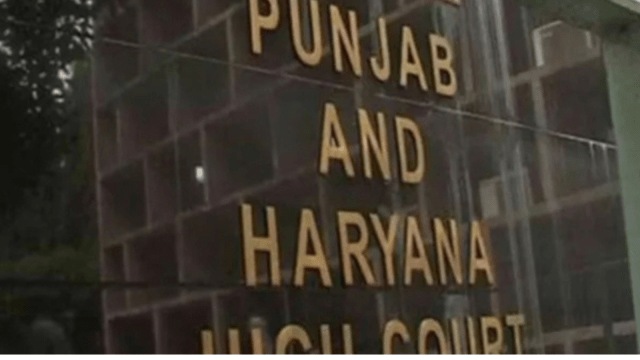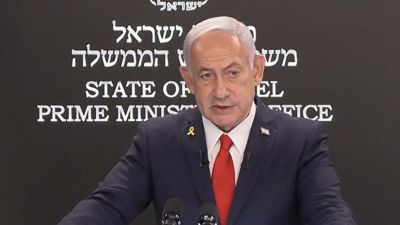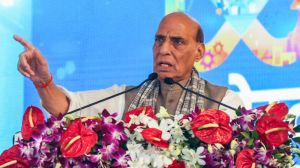‘Comprehensive in-depth probe is imperative’: Punjab and Haryana HC refuses to quash case linked to multi-million Mohali WTC fraud
The Punjab and Haryana High Court ruled that economic offences are a class apart and ‘pose a serious threat to the nation’s financial health’
 The Punjab and Haryana High Court has dismissed a petition which sought to quash a criminal complaint registered under Section 420. (Express File Photo)
The Punjab and Haryana High Court has dismissed a petition which sought to quash a criminal complaint registered under Section 420. (Express File Photo)The Punjab and Haryana High Court has dismissed a petition which sought to quash a criminal complaint registered under Section 420 (cheating) of the Indian Penal Code in connection with a multimillion real estate fraud at Mohali.
The case centres on allegations against a promoter of WTC Noida Development Company Private Limited, which launched the commercial project ‘WTC Chandigarh’ in Mohali in 2015.
A report by the Serious Fraud Investigation Office (SFIO) found that the company collected about Rs 423 crore from 1162 clients.
However, instead of using this sum to construct the real estate project, as promised, the company allegedly siphoned off Rs 77 crore. In April 2023, the Greater Mohali Area Development Authority (GMADA) had to revoke the land allotment, as the accused company owed it Rs 103 crore.
The petitioner is connected to the case by her marital association with one of the promoters. Represented by a team of advocates, including senior advocate Puneet Bali, P S Ahluwalia, and Vipul Joshi, among others, she argued that she has never held any directorship or shareholding in the company and that her independent architectural firm, Abaxial Design Pvt Ltd, is entirely separate from the operations of WTC.
Her legal team stressed, “The petitioner has never been a director or even a shareholder in the accused company,” contending that no allegations were made against her regarding deception or misconduct in the daily affairs of the firm.
Advocate Subhash Godara, representing the state of Punjab, argued that the fraud has far-reaching consequences. He highlighted that the accused collected over 95 per cent of the total sale price from a large group of investors by deceiving them out of their hard-earned savings.
Citing evidence from a press release issued by the Directorate of Enforcement, he maintained that the investigation had already uncovered significant evidence of money laundering and diversion of funds to foreign territories, and the petitioner was named among the accused despite her non-managerial role.
Justice Harpreet Singh Brar on April 7 underscored the unique seriousness of economic offences, saying, “Economic offences constitute a class apart and need to be visited with a different approach. These offences are committed in a pre-planned manner with an intention to cheat thousands of investors.”
He ruled that while the criminal complaint merely sets the law in motion, it does not conclusively define the merits of the case. The judge observed that the investigation must be allowed to continue unimpeded in order to uncover all relevant evidence.
The judge observed, “Economic offences affect the entire society and pose a serious threat to the nation’s financial health; allowing such crimes to be brushed aside not only undermines justice but also erodes public confidence in our system.”
Dismissing the petition for quashing the case, the court concluded, “Keeping in view the enormity of the fraud and the large number of victims, a comprehensive in-depth probe is imperative.”












